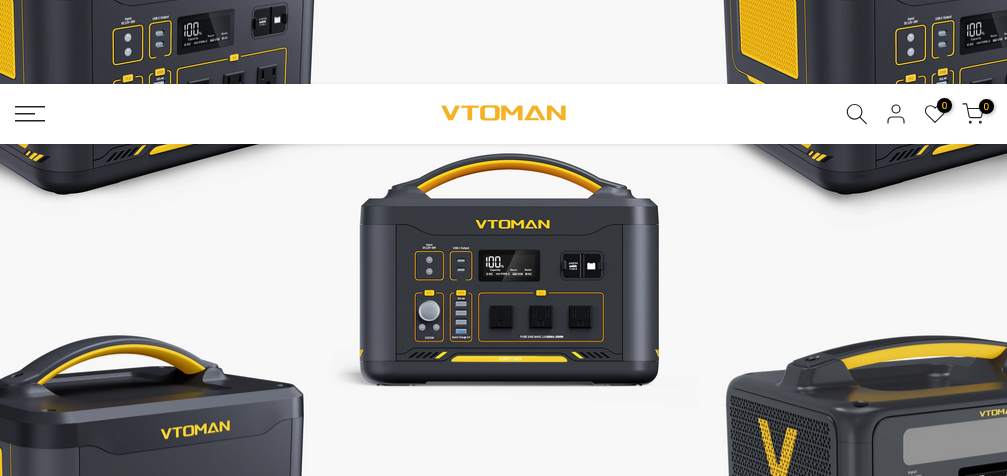Home Backup Power: How Solar Generators Keep the Lights On

In a world where power outages are becoming more frequent due to extreme weather events, aging infrastructure, and increasing energy demand, having a reliable home backup power source is no longer a luxury—it’s a necessity. Enter the solar powered generators for homes: a clean, quiet, and sustainable solution to keeping the lights on when the grid goes down.
The Rise of Solar Generators
Solar generators are gaining popularity among homeowners for a simple reason—they offer energy independence. Unlike traditional gas-powered generators, which require fuel storage and emit fumes and noise, solar generators use photovoltaic (PV) panels to harness the sun’s energy, store it in a battery, and convert it to usable electricity via an inverter.
They’re quiet, low-maintenance, and can be used indoors safely. Plus, they align perfectly with the growing interest in sustainable and renewable energy sources.
Why Choose Solar Over Traditional Generators?
-
Clean Energy: Solar generators produce no emissions, making them an environmentally friendly choice. They're perfect for those looking to reduce their carbon footprint.
-
Low Operating Costs: Once installed, solar energy is free. Unlike gasoline or diesel, the sun doesn’t require purchase or delivery.
-
Quiet Operation: If you've ever experienced the loud hum of a traditional generator during a blackout, you'll appreciate the silent operation of a solar unit.
-
Ease of Use: Many solar generators are plug-and-play. There’s no pull cord or priming—just clean power at the press of a button.
-
Portability and Versatility: Many units are compact and portable, great for camping or use in RVs in addition to home backup.
What Can a Solar Generator Power?
Solar generators come in various sizes and capacities. Entry-level models can charge phones, laptops, and run small appliances, while larger systems can support refrigerators, TVs, Wi-Fi routers, medical devices, and even sump pumps.
For whole-home backup, homeowners often integrate solar generators with rooftop solar panels and battery banks (like Tesla Powerwall or EcoFlow DELTA Pro systems), allowing them to power essential loads for hours—or even days—depending on battery size and sunlight availability.
Key Features to Look For
When shopping for a solar generator, consider:
-
Battery Capacity (measured in watt-hours, Wh): Higher capacity means more power storage.
-
Power Output (watts): Determines what devices you can run simultaneously.
-
Port Types: AC outlets, USB ports, 12V car sockets—make sure it fits your needs.
-
Charge Time: Faster solar input means quicker readiness in an emergency.
-
Expandability: Some systems allow for additional battery packs or solar panels.
Real-Life Use Cases
During winter storms, solar generators can keep your heat and fridge running when the grid fails. In summer, they power fans, lights, and even CPAP machines. Off-grid cabins and van-lifers already rely on them year-round. For city dwellers, they’re a great backup for apartment living where gas generators aren't allowed.
A Smarter Backup for a Brighter Future
As power reliability concerns grow and climate-consciousness increases, solar generators are becoming the go-to backup solution for homeowners. They’re not just about staying safe during an outage—they’re about investing in energy resilience and contributing to a cleaner planet.
Whether you’re preparing for the unexpected or just want peace of mind, a solar generator is a smart, forward-thinking choice.
- Art
- Causes
- Crafts
- Dance
- Drinks
- Film
- Fitness
- Food
- Jogos
- Gardening
- Health
- Início
- Literature
- Music
- Networking
- Outro
- Party
- Religion
- Shopping
- Sports
- Theater
- Wellness
- IT, Cloud, Software and Technology


